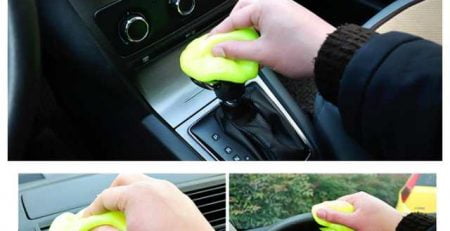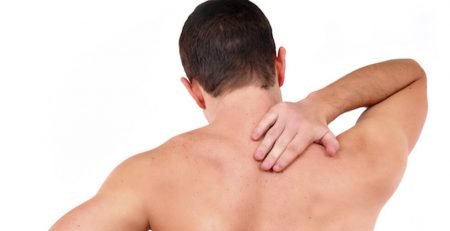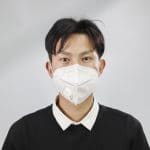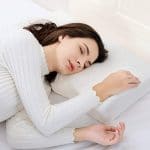What you need to know about protective masks
What you need to know about protective masks

- Health
KN95 Medical Face Masks With Breathing Valve Fresh Air-Purifying Supply
$8.99 – $198.99Add To CartQuick View - Health
Perfessional Medical Mask Disposable 3-Ply Face Mask 10 -100 Pc
$9.99 – $39.99Add To CartQuick View
There is no national mask requirement yet, but the “urgent recommendation” to wear “everyday masks” in certain areas. What does that mean? Where should they be worn? Where can you get them?
It is recommended to wear everyday masks in public life – especially when shopping as well as on the bus and train. If a safety distance of at least 1.5 meters can be maintained or if there is alternative protection, for example, at the supermarket checkout – for example, with partitions – then it is not necessary to wear masks.
Mouth and nose protective masks are available in pharmacies or medical supply stores but are currently often sold out due to high demand. But you can still buy masks in our JDGOSHOP Store.
No. According to the government, the goal is not to protect the wearer from being infected with the coronavirus, but to avoid passing it on to other people. Mouth and nose protective masks prevent droplets of saliva from being spread over a large area when coughing, sneezing, and also when speaking. For this reason, many doctors consider covering their mouth and nose at least not a bad idea.
The World Health Organization (WHO), on the other hand, advises against wearing a mouthguard if you are not ill, as this could give the wrong feeling of protection, and a mask is also a source of infection if it is not used correctly. The Austrian Agency for Health and Food Security (AGES) also sees no evidence of protection through one-way masks against airborne pathogens.
Yes – but only if certain conditions are met. In principle, you can take the mask home with you after shopping. It is safest to dispose of them immediately, but masks can quickly become scarce in many places. In any case, the mouthguard should either be washed well or at least dried well before reuse.
After a difficult time of about three to four hours or if the mask is wet, it should be replaced with a new, clean, and waterproof protection. Used protection should not be left lying around.
Reports that masks can be placed in the electric oven to dry out are controversial. Many doctors advise against this. For professional cleaning, the Austrian Hygiene Committee has stricter rules that are practically impossible to carry out at home.
Cloth masks can, of course, be washed in the washing machine (at 60 to 90 degrees), then dry thoroughly.
When putting on and taking off the masks, you have to be careful not to spread bacteria and viruses with your hands. You should also make sure that the face mask fits well and fits snugly. You shouldn’t tug at the mask too much while wearing it—Wash hands thoroughly after removing the mask from the face. In addition, everyone should use their own mask and not share it with others.
Yes absolutely. The minimum distance to other people of one meter applies despite the mask. The hygiene rules (regular hand washing with soap) must also be observed. The rules for sneezing and coughing must also be observed; coughing or sneezing should continue.
Since April 14, masks have to be worn in all open shops and on public transport.
According to the Ministry of Health, the masks are a simple mouth and nose protection. The purpose of this is to cover the mouth and nose and to prevent the virus from spreading through the air. You can also make masks yourself. “Any type of mouth and nose covering is better than no covering,” said a ministry spokesman. Scarves and scarves may also be used as a mouth covering.
A self-sewn mechanical barrier covering the mouth and nose can help reduce the risk of the virus spreading from sneezing or coughing. However, it depends on the permeability of the tissue and the fit of the mask, whether this effect is sufficiently achieved. Solid fabrics made of natural fibers are recommended, which are sewn in at least two layers and possibly reinforced with non-woven.
Should the masks for the supermarket also be used in public spaces?
Use in public space is not (yet) arranged. This is, of course, possible on a voluntary basis.
Parents can continue to enter the shops with their children.
Yes. You can buy child masks, The wearing of masks also applies to children; according to the ministry, wearing masks is not necessary for babies.
Since these masks are expensive and are urgently needed in direct contact with the sick and suspected cases, experts advise that they are left to these areas and not worn in everyday life. FFP masks that have an exhalation valve are only for your own protection. The actual goal of the mask requirement, namely that the wearer does not pass on the virus if possible, is not achieved.
Yes. The wearing of masks also applies to children; according to the ministry, wearing masks is not necessary for babies.
- Health
KN95 Medical Face Masks With Breathing Valve Fresh Air-Purifying Supply
$8.99 – $198.99Add To CartQuick View - Health
Perfessional Medical Mask Disposable 3-Ply Face Mask 10 -100 Pc
$9.99 – $39.99Add To CartQuick View



















Leave a Reply
You must be logged in to post a comment.